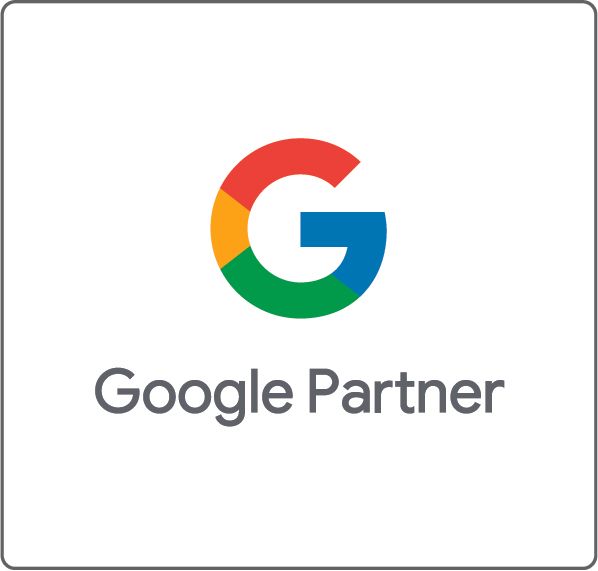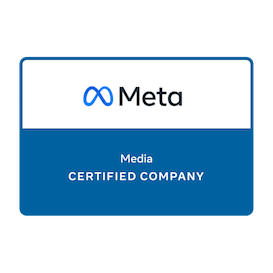Artificial Intelligence and its Risks for Marketers
Generative Artificial Intelligence (AI) continues to fascinate and impress the world with its capabilities. A wide variety of industries from the military to marketers are putting this technology to use. However, like all technology, there is a responsibility on the user to make sure the tool is used correctly. AI does pose some issues for users as it is newly developed and far from perfect. We are here to help you navigate the realm of AI! Read on to see what you need to know about and how to take some of the risk out of using this exciting new tool.
AI is Factual
Most of the Time
AI is not 100% trustworthy, it can sometimes present erroneous information as fact. As the expression goes, you should take everything AI generates with a grain of salt. Interestingly, even if the AI has the correct data, it can still put out falsehoods from time to time. So, how do we prevent these inaccuracies? First, only give the AI bot one small section to work on at a time. The longer the text you want to generate, the more likely it is that there will be incorrect information. Second, and most important, add a human component to ensure accuracy.
Know What Tasks to Assign to AI
AI is a great tool for time-consuming work that doesn’t require high levels of expertise. For example, AI can assist in SEO content like meta descriptions, keywords for your website, and more monotonous writing that doesn’t require a lot of creativity or expertise to make. AI has shaken up the future of SEO, and Google has put out a guideline for marketers regarding the situation. Google will always reward SEO content that has four qualities: expertise, experience, authoritativeness, and trustworthiness. AI-generated materials can violate these requirements if not checked. In order to protect your SEO, it is recommended to use AI for content that requires quantity and leave the quality work to actual humans. If you do use AI for your SEO content, be thorough and make sure that the content is in alignment with Google’s E-E-A-T guidelines.
AI Can Be Boring
AI does not have a “right side of the brain” and lacks creativity. In marketing, creativity is a key element to success. Although with AI, you can write a whole essay in less than 1 minute, it can read as stale and uninteresting. After you use AI for a few papers or blogs, you’ll notice how incredibly similar they all are. AI lacks the nuance to recognize brand identity, which is vital to marketing. Another problem has to do with content. AI struggles to make engaging content capable of captivating your intended audience. Here's a tip: try using AI to give you a list of talking points, ideas, or outline, and then fill the rest in with your creativity to save you time and keep your content high quality!
AI Can Be Biased
AI works by finding patterns in data and then using them to find probabilities of certain outcomes. The problem is a lot of the content on the Internet is biased. In turn, when AI generates these probabilities, they are made from information that is often opinion. Where these probabilities are an issue is in data dealing with race, gender, and age. There have been issues with this all over social media, especially with Meta (Facebook). Different laws have also been put in place around the world against this discrimination. To avoid AI bias affecting you, anything generated by AI must be reviewed by an actual person.
AI Content Can Be Dated
Many AI platforms are working off of dated information. For example, ChatGPT’s knowledge only goes up to the year 2021, meaning it is not accurate to current day and needs to be cross checked with up to date data. Let's take the example of keywords. Keywords are needed for marketing campaigns and working off of old data could hurt your business. You can use AI as a jumping off point, having it generate a list of keywords for you to start with, but we highly recommend other tools that have up-to-date forecasts such as
Google’s Keyword Planner in order to double check AI and verify that you are using optimal keywords.
AI Can Have Legal Risks
AI generates work from that of humans. This fact is starting a conversation around the topic of copyright. As of right now, the question of copyright is being debated, and the Congressional Research Service issued this report on the matter. Additionally, if you use AI to create content, that content might not be protected by copyright laws. Meaning, people can use your content without penalty. Furthermore, there is discourse about who owns AI creations; is it the AI site, the company who generated it, or someone else? To avoid these legal issues, be sure to use a reputable AI platform. More critically, and we cannot stress this enough, use your judgment! AI is great to create an outline, but often needs refining to reach a finished product.
The digital world gets more complicated by the day, but SparkShoppe is here to help you with all your marketing needs. Follow our blog to keep up with all things digital!
















